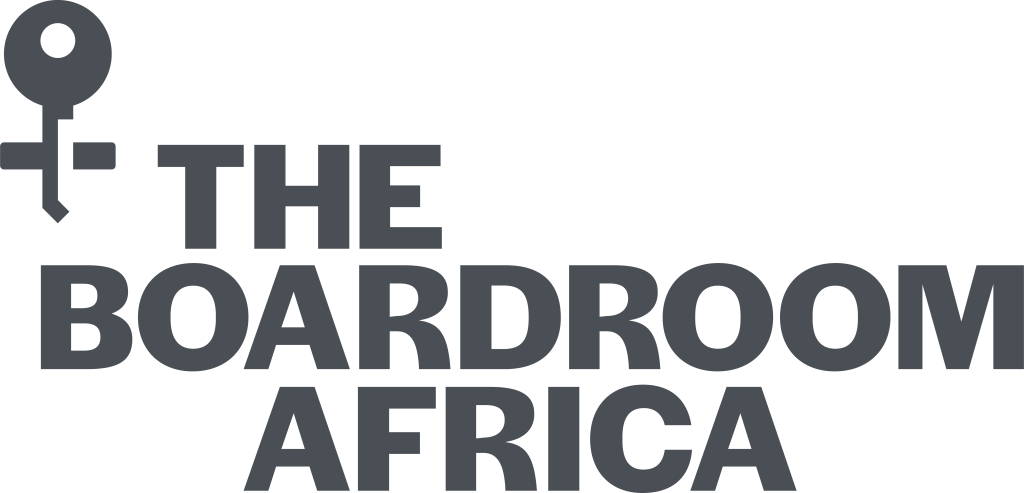Transitioning from executive management to board leadership came earlier than I anticipated. By openly sharing my aspirations and leveraging my network, I was able to secure valuable opportunities and build a diverse board portfolio across different sectors and regions.
Summary/Timeline of Board Experience to Date
Current
- External Member, Prudential Regulation Committee, Bank of England (UK)
- Member, Audit & Assurance Group, Hymans Robertson LLP (UK)
- Trustee, Canon Collins Trust (UK)
- NED, Legal Resources Centre (South Africa)
- Advisor, United Against Malnutrition and Hunger (UK)
- Advisor, Unisure Ltd (UK)
- Advisor, Corporate Board, Hult International Business School (UK)
Former roles:
- Chairperson, Canon Collins Trust (UK)
- Chairperson, Institute and Faculty of Actuaries (UK)
- NED and Committee Chair, Tangerine Financial (UK) and Tangerine Life (Nigeria)
- NED and Committee Chair, Rand Mutual Assurance (South Africa)
- NED and Committee Chair, Bidvest Life/FMI (South Africa)
- NED and Committee Member, African Bank (South Africa)
- NED, South African Maths Foundation (South Africa)
- NED, Common Purpose International (UK
What initially drew you to pursue board leadership?
I had always imagined I would be a board director at the end of my career, but the opportunity presented itself much sooner, about seven years ago, after I transitioned out of executive management roles. I wanted to lend my experience to organisations in a strategic way, and I was pleased to also gain flexibility in my work schedule.
What were the foundational steps you took in your journey towards your first board appointment?
Shortly after leaving my executive position, I was approached by headhunters in the financial services sector. My network played a crucial role, as contacts within it had informed the headhunters that I was open to board opportunities, leading to valuable introductions. Additionally, former colleagues reached out with positions they thought might interest me. While it might seem that these open doors appeared fortuitously, I believe that voicing my aspirations to people close to these opportunities got the ball rolling.
How have you built and diversified your board portfolio over the years?
Since securing my first board position, I have taken on various roles across the financial services and charity sectors, as well as in different geographic regions. To diversify my portfolio, I’ve proactively expanded my connections with search firms in multiple countries, joined relevant membership bodies, and participated in conferences where I had to establish new networks from scratch. Additionally, I’ve received invitations from within my existing networks, thanks to consistently sharing my aspirations and future goals
Could you highlight one or two key milestones in your board career and how you achieved them?
My current role with the Bank of England is a significant career milestone. Serving on the Prudential Regulation Committee, which is a statutory committee similar to the Monetary Policy Committee, we are responsible for making the most critical decisions of the Prudential Regulation Authority (PRA). The PRA’s primary objective is to ensure the safety and soundness of PRA-regulated firms.
I was informed about the vacancy by a headhunter firm handling the mandate and decided to apply. The interview and selection process was rigorous, spanning nearly a year and culminating in a hearing before the HM Treasury Select Committee. It was, without a doubt, the most challenging interview process of my life. The work we do directly impacts the UK’s financial sector, it is both weighty work and an honour to be a part of this committee. I believe my sector-relevant board and executive experience, along with my diverse geographical exposure, made me a strong candidate for this role.
Another milestone was my election as President of the Institute and Faculty of Actuaries (IFoA). At the time, I was the youngest person ever to hold the position, and by a significant margin. I was also the third woman and the first person of colour to serve as President in the organisation’s nearly two-century history.
My election came as a surprise given my career stage, and I wish I could say I took deliberate steps to achieve it. However, I believe that the trust I built with my peers and my years of service as an IFoA volunteer, including my time on the Council, were crucial in earning their confidence and ultimately securing the role.
What advice would you give to someone aspiring to their first board position?
Focus on building genuine relationships and connections, especially with people in fields that interest you. Approach networking with curiosity rather than with an agenda, transactional networking can be draining and often doesn’t yield the desired results. As you engage in these conversations, make your aspirations known and be open to what opportunities may arise. Additionally, take the time to understand what skills and experiences boards are currently seeking, and position yourself accordingly to meet those needs.

